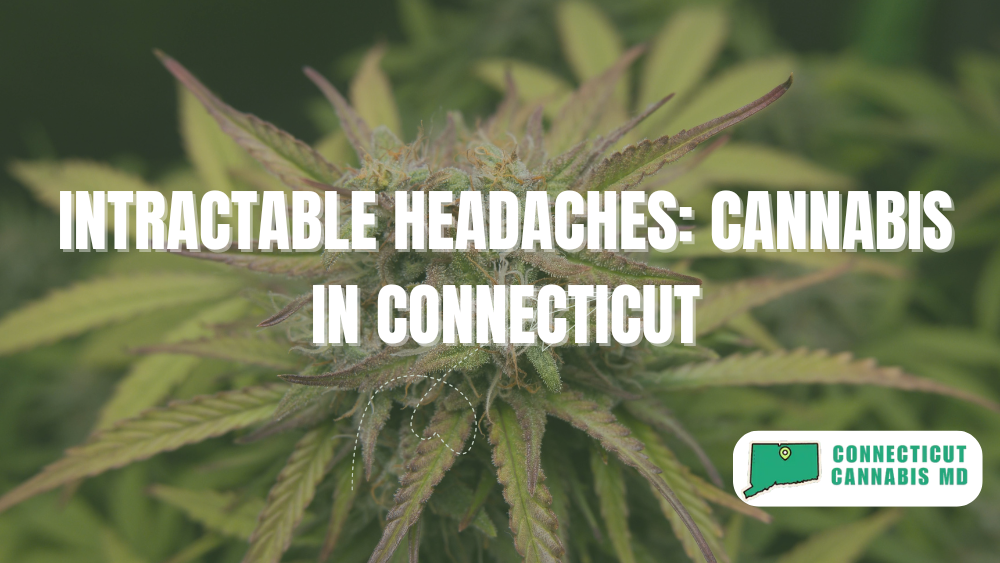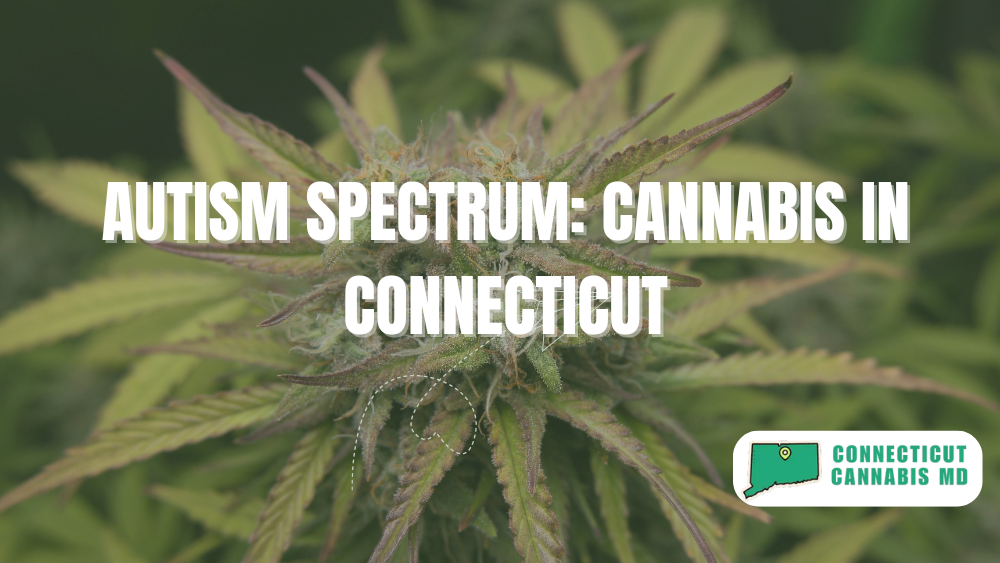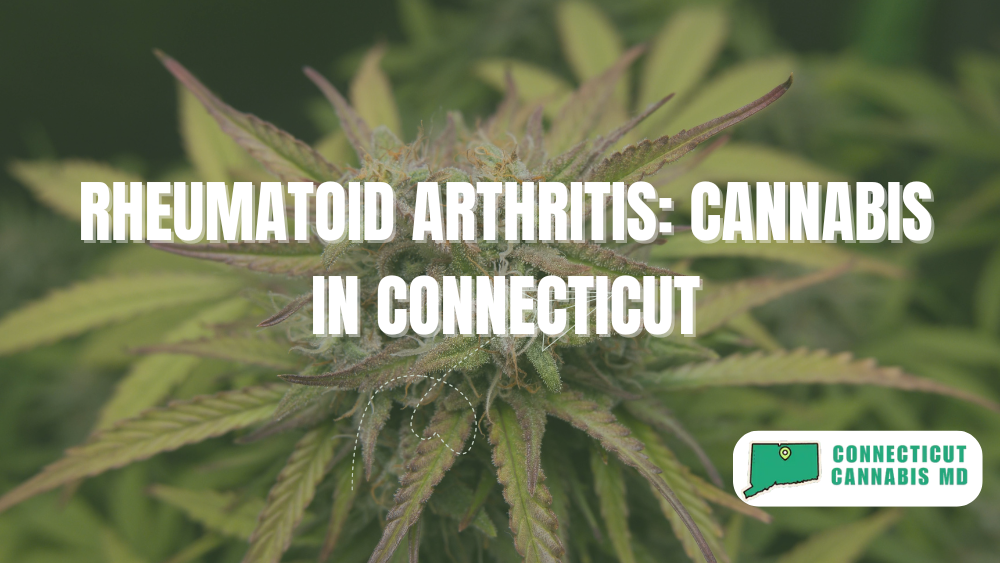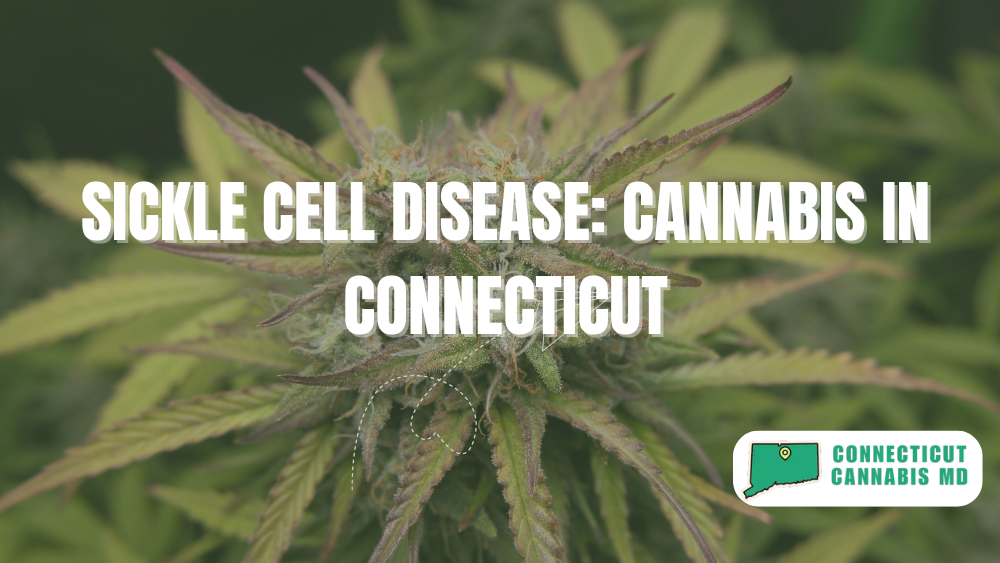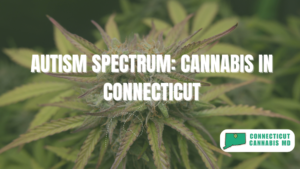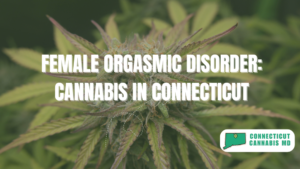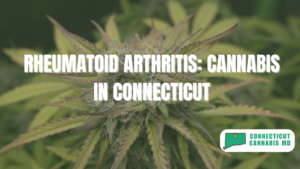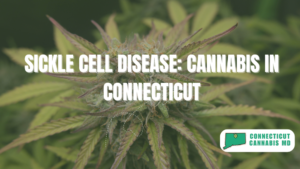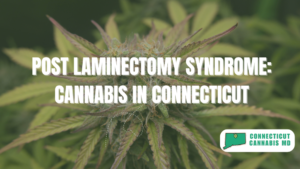Intractable headaches, also known as refractory headaches, are chronic headaches that do not respond to standard treatments. These types of headaches can persist for days or even weeks and significantly impact a person’s quality of life.
Traditional treatments often fall short in managing the symptoms of intractable headaches, leading many patients to seek alternative therapies. One such therapy is medical cannabis, which has gained popularity for its pain-relieving and anti-inflammatory properties.
In Connecticut, medical marijuana is available to patients suffering from intractable headaches as part of the state’s medical marijuana program.
This article explores how cannabis can help alleviate the symptoms of intractable headaches, the process of obtaining a medical marijuana card in Connecticut, and the convenience of telemedicine.
Intractable Headaches
Causes and Symptoms of Intractable Headaches
Intractable headaches can take many forms, including migraines, tension headaches, and cluster headaches. What sets intractable headaches apart is their resistance to standard treatments like over-the-counter pain relievers, prescription medications, or even preventative therapies. Patients with intractable headaches may experience:
- Constant, severe head pain
- Sensitivity to light and sound
- Nausea and vomiting
- Difficulty concentrating and performing daily activities
The chronic nature of these headaches can lead to a reduced quality of life, with patients often feeling frustrated and helpless in managing their symptoms.
Traditional Treatment Methods
Pharmaceuticals such as triptans, beta-blockers, and anti-seizure medications are the typical course of action for treating intractable headaches. Unfortunately, these treatments are not effective for everyone, and many remain with longstanding headaches despite undergoing multiple therapies.
As a result, there has been growing interest in other types of treatments, like medical cannabis, that provide pain reduction and anti-inflammatory benefits by way of an entirely different mechanism.
How Cannabis Can Help with Intractable Headaches
Pain Relief through Cannabinoids
Cannabis has hundreds of chemical compounds called cannabinoids; two of the most well-known are THC (tetrahydrocannabinol) and CBD (cannabidiol), which interact with a system in our body that regulates pain, inflammation among other processes — through this interaction, cannabis can serve as medicine.
Once in the brain, THC binds to receptors that are partially responsible for feeling pain and lessens hearing intensity. Unlike THC, CBD is an anti-inflammatory, which means that it can help to reduce the inflammation common with chronic headaches.
Reducing Nausea and Improving Appetite
In some patients with intractable headaches, nausea and loss of appetite occur, especially in severe headache episodes. Cannabis has long been known by patients for its ability to suppress nausea and increase appetite, both of which can help ease patients who suffer headaches from eating.
Improving Sleep and Reducing Anxiety
Fatigue and worsening the painful condition usually result from chronic pain that weakens sleep. Because strains of cannabis that are relatively rich in CBD can give a feeling of relaxation and improve the quality of sleep, patients who seek to control their symptoms can do so more effectively.
Moreover, individuals with chronic headaches often are anxious—unwilling to forgo headache medicines, forever uncertain when (or if) the next headache will occur. Cannabis is also established to decrease anxiety in patients and enhance their ability to bear with symptoms.
Medical Marijuana for Intractable Headaches in Connecticut
Qualifying for a Medical Marijuana Card
In Connecticut, intractable headaches are recognized as a qualifying condition for medical marijuana. Patients who have been diagnosed with intractable headaches and do not respond to traditional treatments can apply for a medical marijuana card.
To qualify, patients must receive certification from a Connecticut-licensed healthcare provider who evaluates their condition and determines if medical marijuana is appropriate for their treatment plan.
The Application Process for a Medical Marijuana Card
Once certified, patients can apply for a medical marijuana card through the Connecticut Department of Consumer Protection. The application requires proof of residency, medical certification, and a registration fee.
After approval, patients receive a medical marijuana card, allowing them to legally purchase cannabis products from licensed dispensaries.
The Role of Telemedicine for Headache Patients
Convenience of Telemedicine
For patients suffering from intractable headaches, traveling to a doctor’s office for consultations can be difficult, especially during a headache episode. Telemedicine offers a convenient solution by allowing patients to consult with healthcare providers from the comfort of their homes.
Through telemedicine services, patients can receive their medical marijuana recommendation without needing an in-person visit, making the process easier and less stressful.
Affordable Telemedicine Consultations
The cost of obtaining a medical marijuana recommendation via telemedicine in Connecticut is $179 for new patients, with yearly renewals priced at $149. This affordable option allows headache patients to quickly and easily access the treatment they need without the added burden of traveling to appointments.
The Benefits of Medical Cannabis for Intractable Headaches
Reducing Dependence on Prescription Medications
One of the major benefits of medical cannabis is its potential to reduce the need for prescription medications such as opioids or triptans, which are commonly used to manage headache pain.
These medications can cause unwanted side effects and may lead to dependency if used long-term. Cannabis provides a more natural option for managing chronic pain without the risks associated with traditional medications.
Improved Quality of Life
Living with intractable headaches can be incredibly challenging. Medical cannabis has the potential to improve the quality of life for patients by reducing pain, improving sleep, and alleviating anxiety.
Many patients who use cannabis for headache relief report a better ability to function in daily life, attend work, and engage in social activities with less discomfort.
Conclusion
Medical cannabis offers a promising alternative for patients suffering from intractable headaches who have not found relief through traditional treatments. In Connecticut, patients can access medical marijuana through the state’s medical marijuana program, with telemedicine making the process easier and more convenient.
If you or a loved one is living with chronic headaches that are unresponsive to standard treatments, consider exploring medical cannabis as part of your treatment plan.
Call to Action (CTA):
“Ready to explore how medical marijuana can help manage your intractable headaches? Book an online consultation with a certified doctor today and start your application for a Connecticut Medical Marijuana Card.
FAQs
How does cannabis help with intractable headaches?
Cannabis helps relieve chronic headache pain by interacting with the body’s endocannabinoid system, reducing pain perception and inflammation.
Is intractable headache a qualifying condition for medical marijuana in Connecticut?
Yes, intractable headaches are recognized as a qualifying condition under Connecticut’s medical marijuana program.
How much does a medical marijuana recommendation via telemedicine cost in Connecticut?
Telemedicine consultations cost $179 for new patients and $149 for yearly renewals.
How do I apply for a medical marijuana card for intractable headaches in Connecticut?
You can apply online after receiving certification from a licensed healthcare provider. The process is simple and can be completed through the Connecticut Department of Consumer Protection.
Can I use telemedicine to get a medical marijuana recommendation for intractable headaches?
Yes, telemedicine allows you to consult with a certified doctor online to obtain a medical marijuana recommendation.

